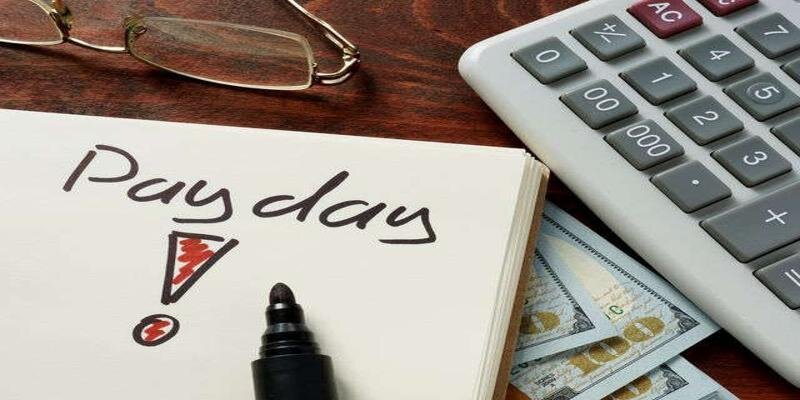ATM Operations Demystified: Understanding Its Functionality
Dec 27, 2023 By Triston Martin
ATMs are electronic banking machines. It allows people to perform basic banking operations without bank staff assistance. ATMs let people withdraw cash with debit or credit cards. These machines are found in the US and abroad. ATMs offer many automated transactions. Deposits, withdrawals, bill payments, and account transfers are included. Their convenience attracts consumers seeking fast banking solutions.
ATM use may incur fees. These fees may come from your bank, the ATM operator, or both. Use an ATM affiliated with your account's banking network to avoid these charges. ATMs in foreign countries may cost more due to exchange rates or transaction fees.
The Growth of ATM
The first ATM was installed at a London Barclays Bank branch in 1967. There is evidence of a mid-1960s Japanese cash dispenser. In the 1970s, interbank networks allowed customers to use bank cards at other ATMs. The world quickly adopted ATMs. They operate in most countries, including Kiribati and the Federated States of Micronesia.
ATMs are automatic bank machines, cashpoints, or cash machines. The user's text is too short to rewrite clearly. These devices have significantly influenced the atm business, making financial transactions more accessible and convenient for users worldwide. Accessing banking services through an ATM card has become a staple in modern economic activities.
How Automated Teller Machines (ATMs) Function
Automated Teller Machines (ATMs) are familiar in various settings, from bank branches to shopping centers. They serve as convenient points for financial transactions. You begin by inserting your debit, ATM, or credit card into the machine. ATMs connect with your bank account through the Internet or telephone lines despite their locations, facilitating access to your funds.
These machines are not exclusive to banks; they're often found in grocery stores, malls, or restaurants. The bank itself usually manages ATMs located within bank premises. However, ATMs in other places might be operated by the atm business hosting them. This diversity in ownership means that non-bank ATMs might work differently from those at bank branches.
Interacting with an ATM involves entering your Personal Identification Number (PIN), a four- to six-digit sequence. The machine then displays various transaction options, like withdrawing cash or checking your account balance. For cash transactions, you're prompted to specify the amount.
Once you confirm, the ATM dispenses the cash and may offer a printed receipt. Some ATMs provide the option of receiving electronic receipts. Importantly, for any transaction exceeding $15, the law mandates the provision of a receipt. Throughout the transaction, the ATM ensures you remember to retrieve your card, a crucial step in securing your financial information.
Types of ATM Transactions
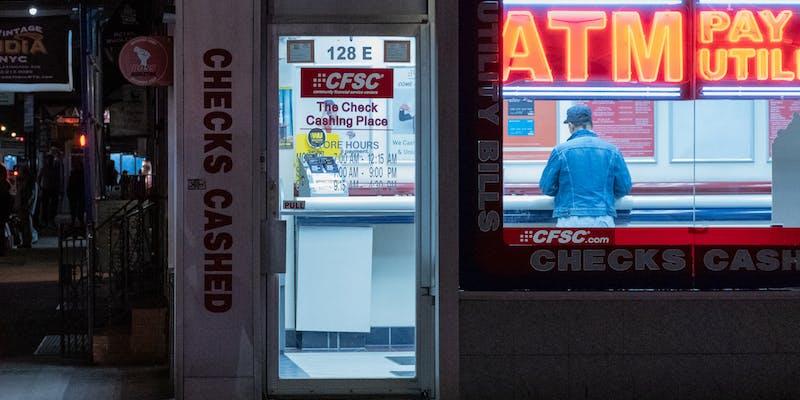
Withdrawing Cash from ATMs
Cash withdrawals are common ATM transactions. The daily withdrawal limit varies by bank and account type. Regular checking accounts may have different limits than premium or atm business accounts. ATMs make money management easier. Check withdrawal limits at any branch or on your bank's website.
ATM Deposits
ATM deposits and withdrawals are easy. At ATMs, you can deposit cash and checks. Your account may not receive deposited checks immediately. Banks use this security measure to verify authenticity. ATMs are essential to the ATM industry because they can accept cash deposits.
Transferring Funds
ATMs can transfer funds between accounts. For instance, you can transfer $200 from your savings to your checking account. One usually chooses "transfer" from the ATM's menu. It is a fast and efficient way to manage your finances, especially if you must ensure sufficient funds in an account. ATMs' wider range of services emphasizes their importance in modern banking.
Verifying Checking Account Balances
Users can easily check their account balance at ATMs. This feature is useful when you need to know your balance before making a transaction or issuing a check. To avoid overdraft fees and excessive spending, keep track of your balance. ATMs are essential for personal financial management because they provide real-time account information.
Ways to Operate ATMs Safely
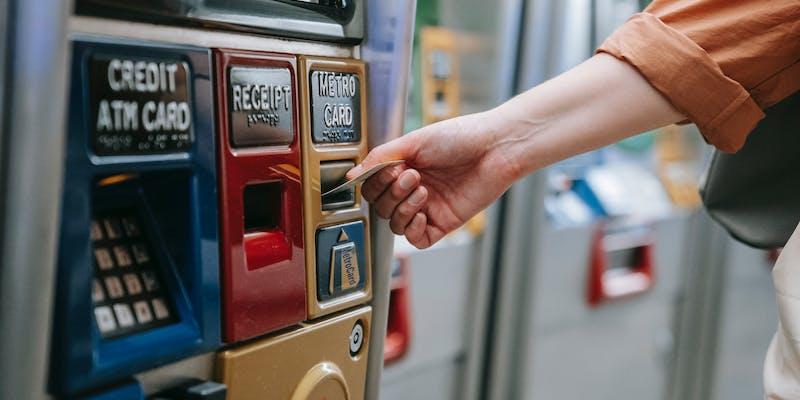
Choosing a Safe ATM Location
When using an ATM, prioritize well-lit public areas. Avoid machines in secluded or dimly lit locations. Opt for ATMs in high-traffic areas like convenience or grocery stores. These places are less likely to be targeted by criminals due to their visibility and foot traffic. Approximately 60% of ATM transactions occur at bank-owned machines, typically located in safer, more public spaces. Choosing a visible ATM location reduces the risk of theft or other criminal activities.
Being Aware of Your Environment
Always be vigilant, especially during nighttime ATM use. Finding another ATM in a safer area is wise if you notice anything suspicious. Recent statistics show that ATM-related crimes are more likely to happen in poorly surveilled areas. Keeping alert and opting for a different location when something feels off can significantly decrease the likelihood of becoming a victim of ATM fraud or theft.
Handling Money Discreetly
After withdrawing cash, avoid counting or displaying it openly. Doing so can make you an attractive target for thieves. Instead, quickly and discreetly secure your money before leaving the ATM area. Studies indicate that showing cash in public increases the risk of theft by 50%. By keeping your transactions private, you significantly reduce this risk.
Protecting Your PIN
Always shield your ATM PIN entry from prying eyes. Use your hand or body to cover the keypad when entering your PIN. This simple action can prevent potential fraudsters from obtaining your PIN and accessing your accounts. Statistics show that about atm machines, 30% of ATM fraud could be prevented by shielding the PIN.
Safety at Drive-Through ATMs
For drive-through ATMs, ensure your vehicle's doors are locked, windows are up, and the engine stays on. These precautions can prevent unexpected threats, especially in less populated areas. Research indicates that drive-through ATMs are often perceived as safer, but users should remain vigilant as they can still be susceptible to fraud or theft.
Watching for Card Skimmers
Be aware of card skimmers at ATMs. These devices, often undetectable at first glance, can capture your ATM card details. If the card reader seems loose and mismatched in color, or if the keypad feels odd, it could indicate a skimmer's presence. Annually, about atm machines, 10% of card fraud cases are attributed to skimming devices. Always inspect the ATM for any anomalies before using it to keep your account information secure.

Can You Trust Credit Unions with Your Money?
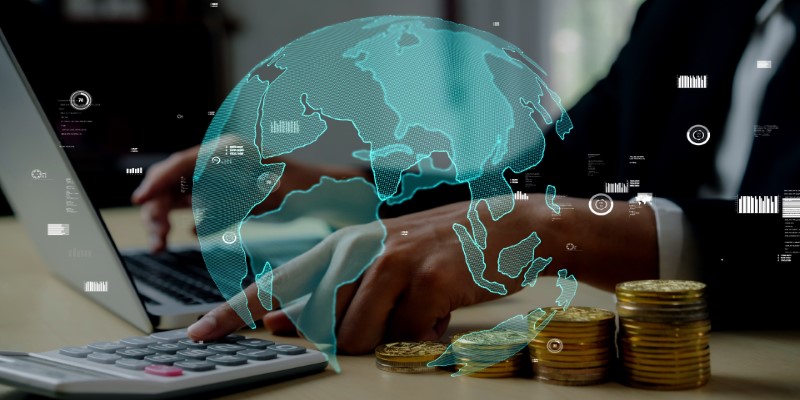
Understanding Accretive: Definition and Real-world Examples in Business and Finance

Your Easy Guide to Planning for Out-of-Pocket Healthcare Costs
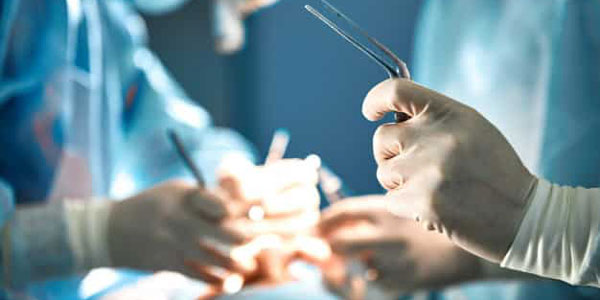
Everything You Should Know About Medical Loans

How to Get an Offer Accepted on a House with Multiple Offers
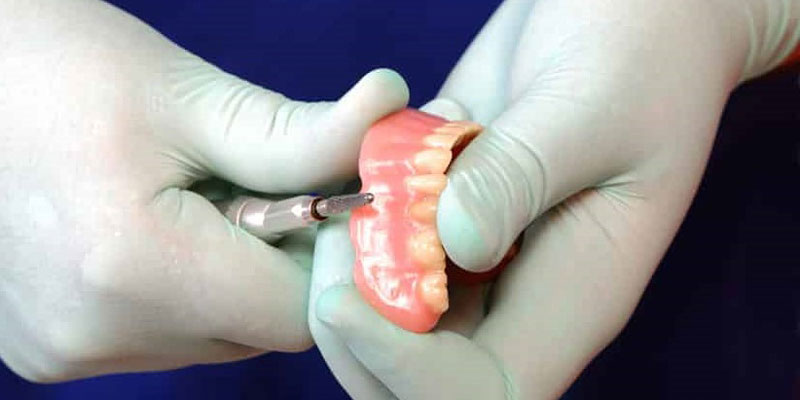
Do Dentures Get Paid For By Medicare
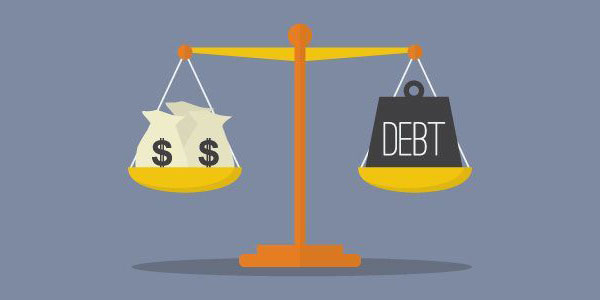
What Is The Difference Between A Checking And A Savings Account?
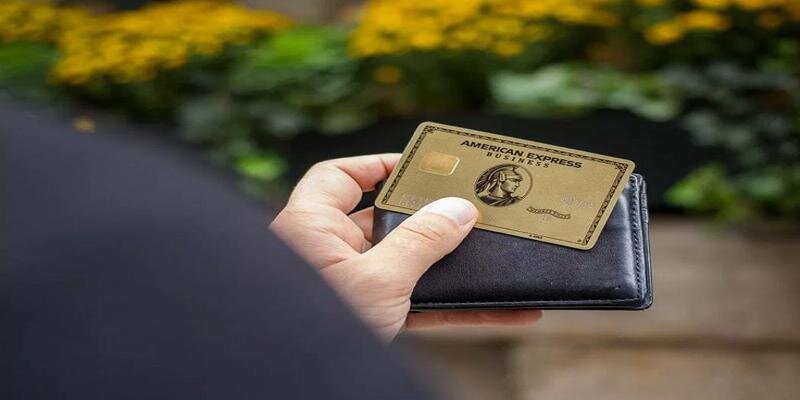
Questions with Amex Digital Labs’ VP and head of partnerships

Should You Live with Parents to Save Money?
